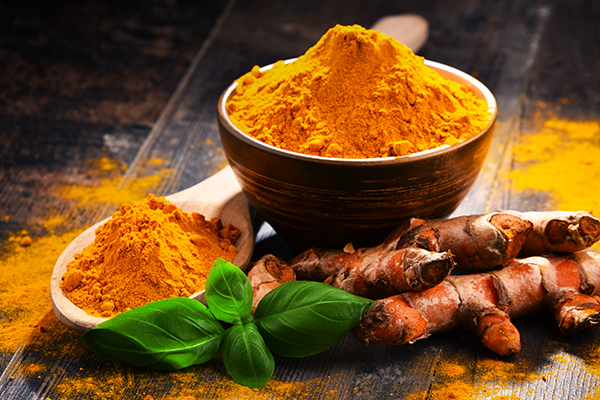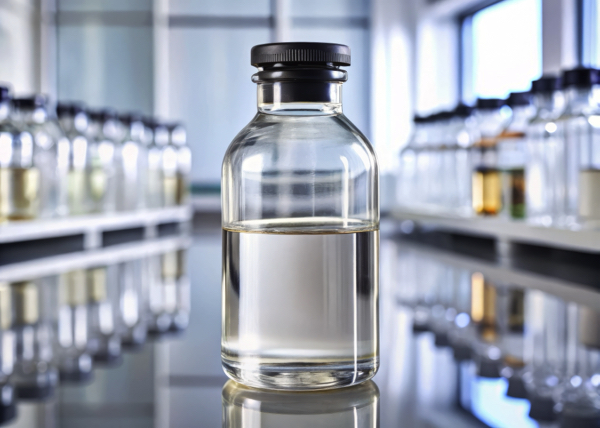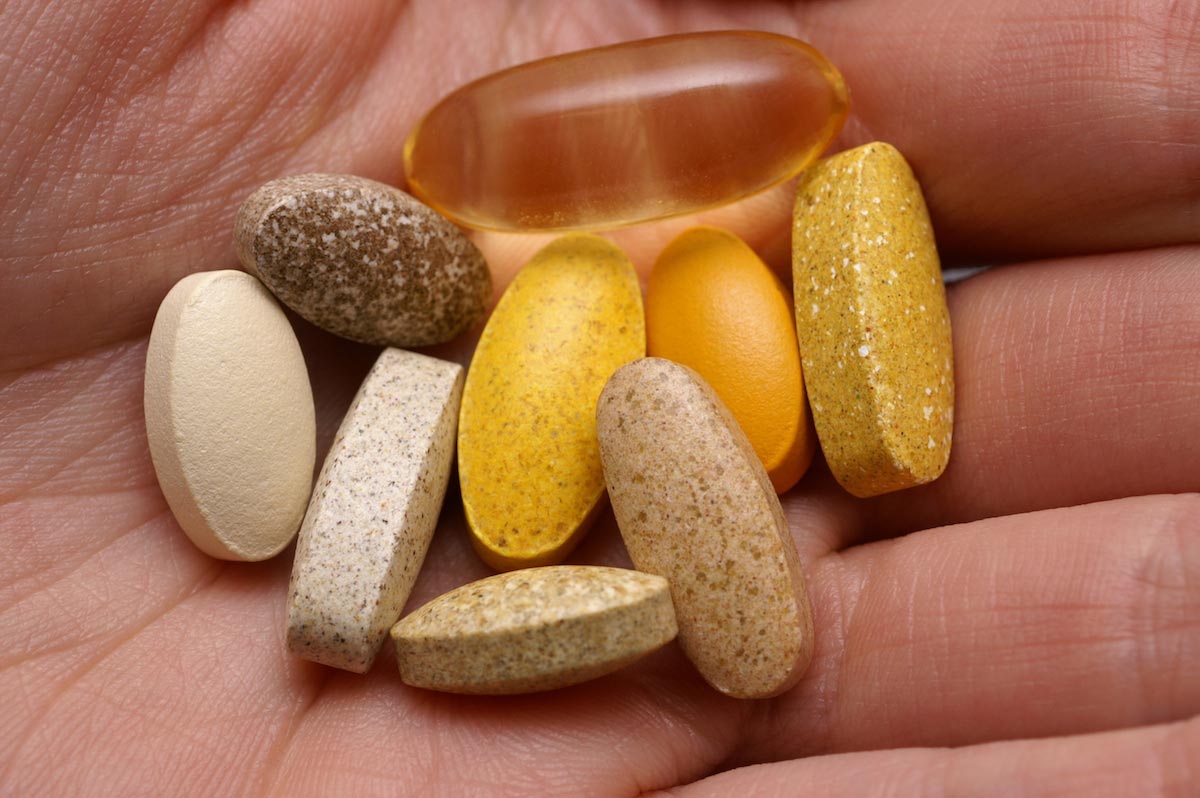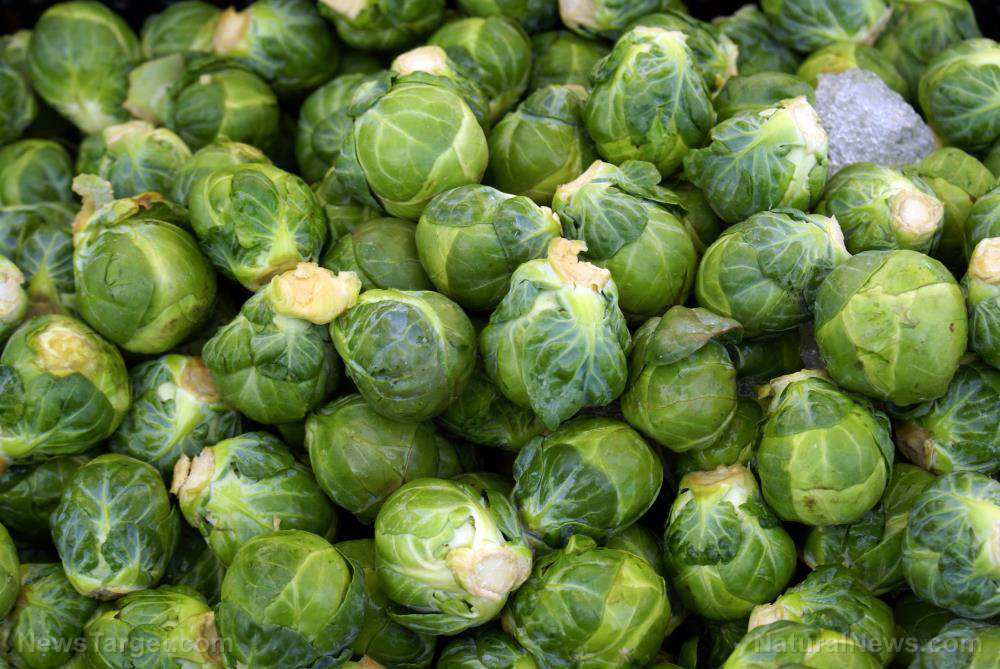 Parler
Parler Gab
Gab
- Curcumin, the active compound in turmeric, disrupts cancer stem-like cells, preventing tumor growth and recurrence.
- Lab and animal studies show curcumin extends lifespan and slows cancer progression at doses achievable through supplements.
- Rising bowel cancer rates in young adults coincide with the decline of traditional diets and the rise of processed foods — factors ignored by mainstream health authorities.
- Curcumin takes on cancer at the roots, addressing chronic inflammation, gene suppression.
- Additionally, curcumin down regulates COX-2, reducing pro-inflammatory signals, while impairing cancer cell proliferation.
The science behind turmeric’s cancer-fighting power
Curcumin doesn’t just mask symptoms — it attacks cancer at its roots. Researchers found it binds to a key protein (DCLK1) that rogue cells use to multiply, effectively neutralizing their threat. In mice injected with cancer cells, curcumin slashed tumor growth and boosted survival rates, mirroring results from human tissue tests. Yet here’s the catch: achieving therapeutic doses requires far more curcumin than a typical diet provides. Turmeric powder contains just 2-5% curcumin, meaning a person would need to consume at least 40 grams daily — an impractical amount. This is where supplements, standardized for potency, become essential. Cancer Research UK admits curcumin “can kill cancer cells,” yet downplays its potential, demanding endless studies while ignoring existing data. How many lives must be lost before nature’s remedies get their due? A silent epidemic: Why are young adults dying from bowel cancer? Bowel cancer was once a disease of the elderly. Now, it’s ravaging millennials and Gen Z at alarming rates. The Lancet tracked a 3.6% spike in UK cases, while U.S. hospitals report surging diagnoses in patients under 50. What changed? The answer lies in gut health — or the deliberate sabotage of it.The molecular mechanisms of curcumin in CRC prevention
Gene suppression and anti-inflammatory effects
Curcumin acts similarly to NSAIDs by suppressing genes critical for colorectal cancer (CRC) development, including:- COX-2 (cyclooxygenase-2): Over-expressed in 77% of CRC cases, COX-2 promotes inflammation and tumor growth. Curcumin downregulates COX-2, reducing pro-inflammatory signals.
- NF-κB (nuclear factor-kappa B): A transcription factor that drives inflammation and cell survival. Curcumin inhibits NF-κB, impairing cancer cell proliferation.
- Beta-catenin/Wnt pathway: Mutations in this pathway are common in CRC. Curcumin disrupts beta-catenin signaling, preventing uncontrolled cell division.
Induction of apoptosis
Curcumin activates programmed cell death in CRC cells through:- Death receptors (DR5, Fas): Enhances apoptosis signals.
- Caspase activation: Stimulates caspase-3 and caspase-8, key enzymes in cell death pathways.
- Bcl-2 family modulation: Curcumin increases pro-apoptotic Bax while decreasing anti-apoptotic Bcl-2, shifting the balance toward tumor suppression.
Protection against aflatoxin and oxidative damage
Curcumin counteracts aflatoxin, a toxin linked to CRC from mold-contaminated foods. Additionally, it acts as an antioxidant but paradoxically generates ROS (reactive oxygen species) in cancer cells, inducing oxidative stress that triggers apoptosis.Animal studies: Dramatic reductions in tumor growth
Rodent studies highlight curcumin’s efficacy:- Suppressed tumor volume by 57% in rats fed curcumin-enriched diets.
- Prevented metastasis by inhibiting invasive adenocarcinomas.
- Reduced polyp formation in mice genetically predisposed to CRC (ApcMin/+ models).
Clinical trials: Evidence in humans
While human trials are still limited, key findings include:- Phase I trials confirmed safety at doses up to 3.6 g/day (though bioavailability remains low).
- Phase II trials showed anticancer potential in pancreatic and colorectal cancers, but results were inconsistent.
- Oral curcumin accumulates in colorectal tissue, making it more effective against GI tract cancers than systemic malignancies.
- In FAP patients, one study saw a 60% reduction in polyp number, but a larger trial found no significant improvement, suggesting curcumin may be more effective in sporadic CRC prevention.
- Liposomal curcumin (intravenous formulations).
- Combination therapies with conventional chemo drugs (e.g., FOLFOX).
- Dietetic synergies (e.g., curcumin + quercetin).
No safe amount of processed foods exists, study finds, debunking moderation myth
By Cassie B. // Share
Julie Daniluk’s “The Hot Detox Plan”: A warming path to gut healing and lasting wellness
By Ramon Tomey // Share
Barry Tarshis on DMSO: The remarkable, safe painkiller Big Pharma doesn’t want you to know about
By Olivia Cook // Share
Brussels sprouts: Nature’s tiny powerhouse of nutrition
By Laura Harris // Share
Governments continue to obscure COVID-19 vaccine data amid rising concerns over excess deaths
By patricklewis // Share
Tech giant Microsoft backs EXTINCTION with its support of carbon capture programs
By ramontomeydw // Share
Germany to resume arms exports to Israel despite repeated ceasefire violations
By isabelle // Share










